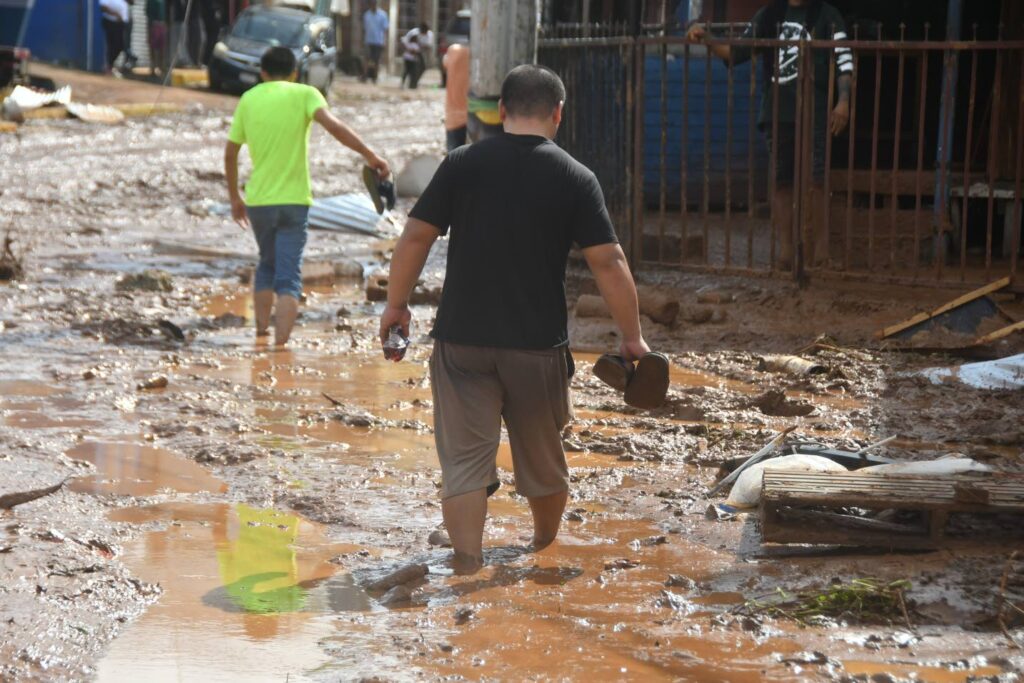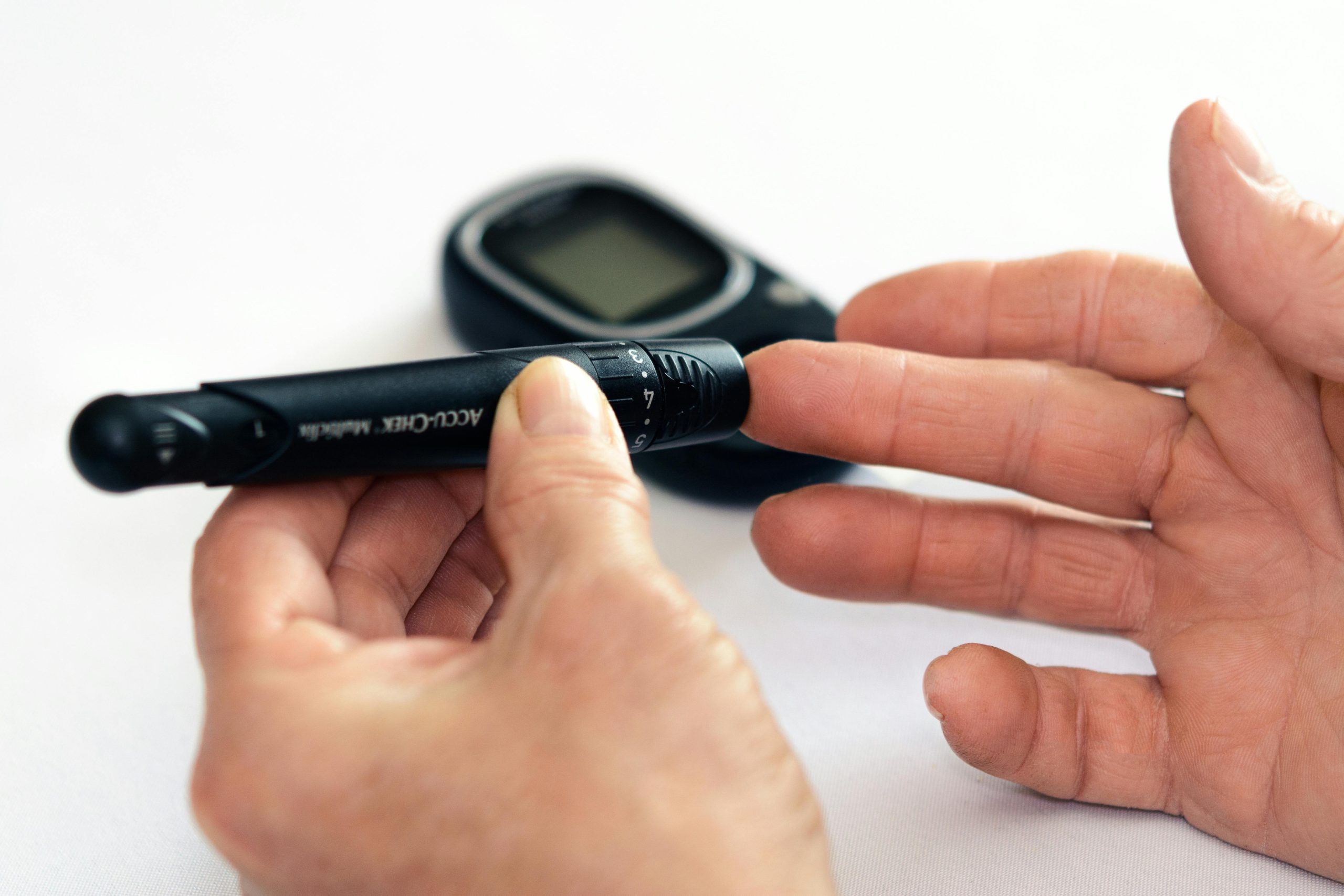The Bureau of Gender Affairs and the Ministry of People Empowerment and Elder Affairs marked this year’s International Men’s Day with a Health and Wellness Fair, focusing on a pressing yet often overlooked issue in Barbados: the importance of open dialogue about prostate cancer. Held at the Warrens Office Complex’s northern car park, the event attracted a record turnout, with men from across the island availing themselves of free health screenings. Despite the growing participation, health officials emphasized that prostate cancer remains a sensitive topic, underscoring the need for broader national discourse.
At the Barbados Cancer Society tent, Registered Nurse Sarah Stennett highlighted the challenges of early detection due to men’s reluctance to discuss the disease. “Prostate cancer is the most prevalent cancer in Barbados, particularly aggressive among Black men,” she explained. “Screening, which involves a simple annual blood test starting at age 40, is crucial, but conversations remain limited. Men are more open to discussing it if they have a family history of the disease.”
Despite the silence, progress was evident, with over 90 men undergoing PSA blood tests, nearing the day’s target of 100. “The conversations are happening, albeit slowly,” Stennett noted. “We need these discussions to permeate communities nationwide.”
William Warner, Director of the Bureau of Gender Affairs, reported a steady increase in participation, with 90 screenings conducted this year compared to 60 last year. He attributed this growth to the Bureau’s strategy of bringing healthcare services directly to men, addressing their historical reluctance to seek formal medical care. “Men don’t typically access healthcare, so we’re meeting them where they are,” Warner explained.
Event coordinator Natalie Nichols, a Research Officer at the Bureau, observed that the surge in attendance reflects men’s preference for community-based, outdoor health initiatives over clinical settings. “This year, we offered 100 free prostate screenings, and the response has been overwhelming,” she said. Nichols added that the fair’s annual growth, with more partners and participants, signals a shift in attitudes toward once-taboo health issues.
One attendee encouraged others to overcome their hesitation. “Get over the shyness,” he urged. “Many of us are here doing the same thing. Talk about it. Get tested.”
The fair featured a diverse range of health and wellness providers, including the National HIV/AIDS Commission, the Caribbean Colon Cancer Initiative, and the Diabetes and Hypertension Association. Additional services, such as nutrition guidance, massages, and grooming, were offered by partners like the National Nutrition Centre and Nikita School of Cosmetology, ensuring the event was inclusive and accessible.
Warner emphasized the importance of persistence in driving change. “It’s a gradual process, but consistent messaging will encourage more men to get tested and know their status,” he said. “Over time, we believe the message will resonate.”









